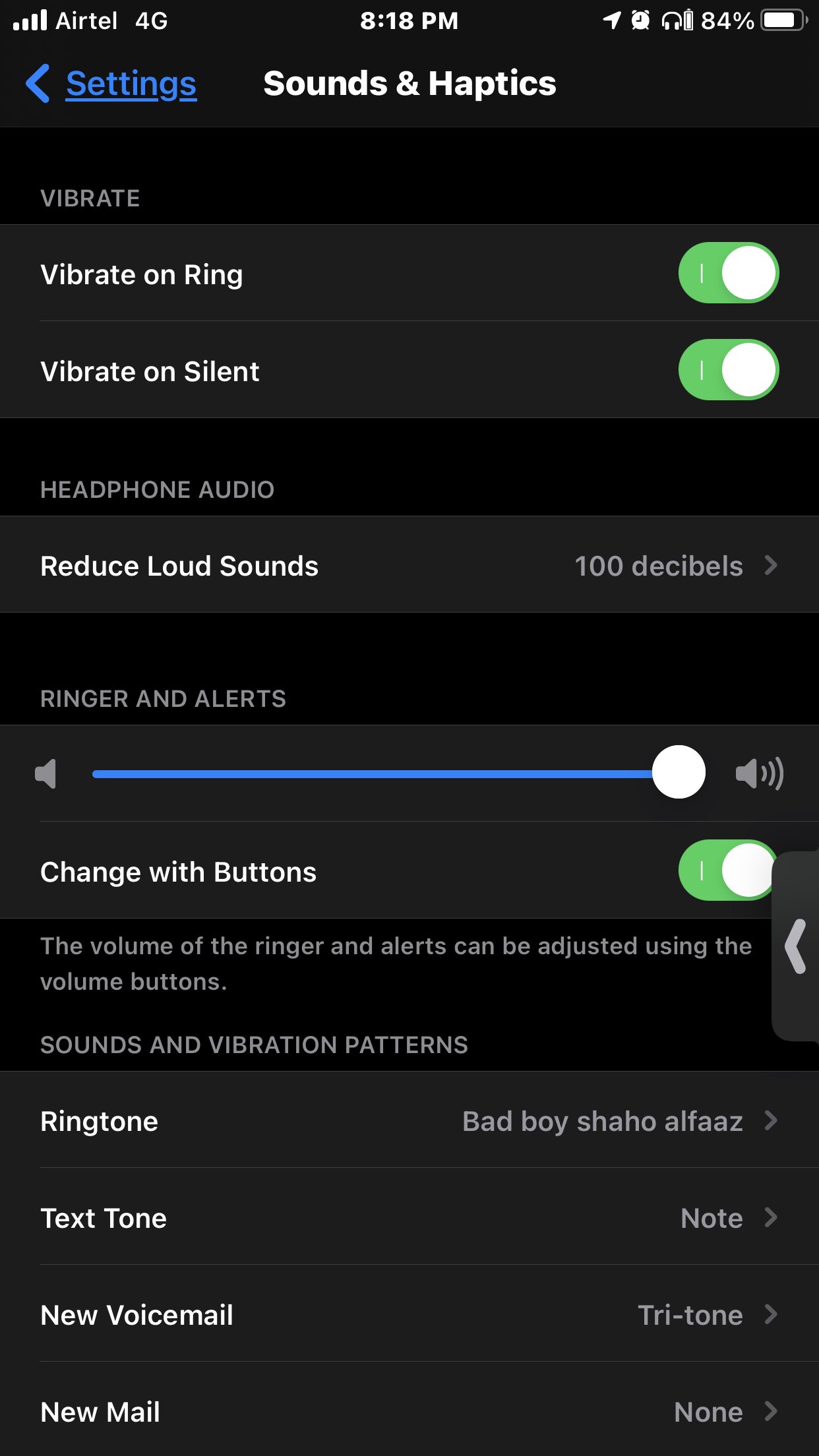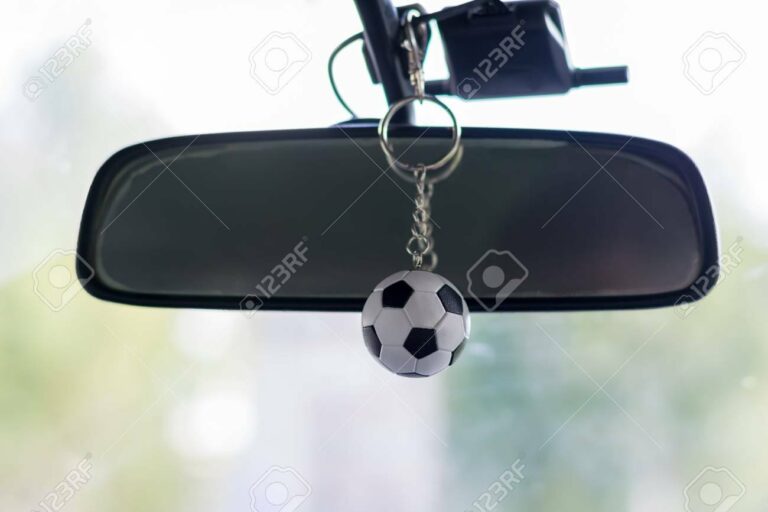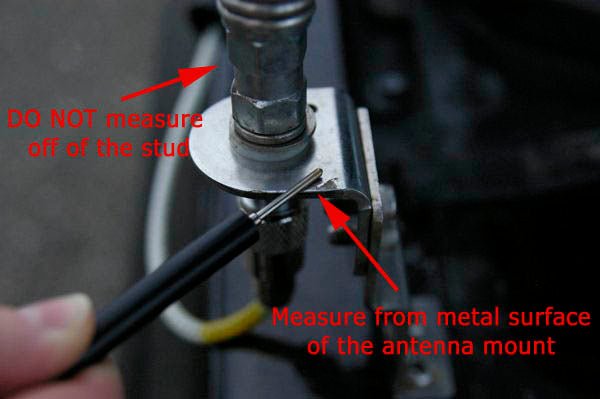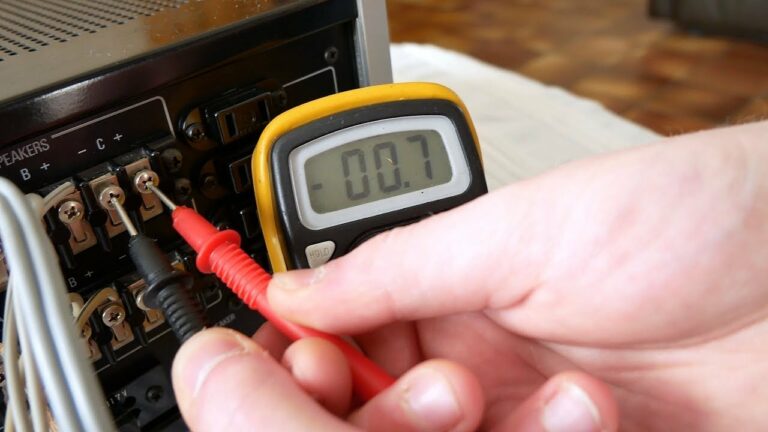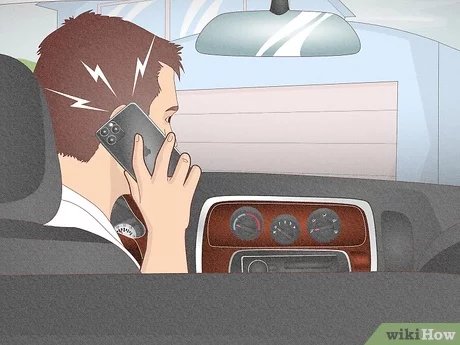Why Is the Volume in My Car So Low?
Why is the volume in my car so low? If you’ve ever found yourself frustrated by the lack of sound coming from your car speakers, you’re not alone. Thankfully, there are simple solutions to this common issue that can ensure your tunes are pumping at the right level. In this article, we’ll explore some of the reasons why the volume in your car may be low and provide practical tips to help you amplify your audio experience. So, let’s dive right in and uncover why you might be asking, “Why is the volume in my car so low?”
Why Is the Volume in My Car So Low?
Have you ever noticed that the volume in your car seems unusually low? It can be frustrating, especially if you love to listen to music or enjoy a podcast during your daily commute. In this article, we will explore the various reasons why the volume in your car may be lower than expected. We will delve into both common and uncommon causes, providing you with valuable insights to help troubleshoot and resolve the issue.
1. Speaker Problems
One of the first things to consider when you notice low volume in your car is the condition of your speakers. If the speakers are old or damaged, they may not be able to produce sound at the desired level. Here are a few common speaker-related issues that could affect the volume:
1.1 Blown Speakers
A blown speaker occurs when the internal components of the speaker are damaged or worn out. This can result in distorted sound or no sound at all. If you suspect that your speakers are blown, it is recommended to have them inspected and possibly replaced by a professional.
1.2 Loose Connections
Sometimes, the low volume issue is simply caused by loose connections between the speaker and the audio system. Check if any wires are loose or disconnected, and ensure that they are securely connected to the appropriate terminals.
1.3 Speaker Placement
The placement of your speakers can also affect the volume level. If your speakers are not positioned optimally, the sound waves might not reach your ears effectively, resulting in lower volume. Consider adjusting the placement of your speakers to improve sound projection.
2. Audio Source
Another possible reason for low volume in your car is the audio source itself. The quality and format of the audio file, as well as the device you are using, can impact the volume level. Here are a few factors to consider:
2.1 Low-Quality Audio Files
If you are playing audio files that have a low bit rate or are of poor quality, the volume might sound lower. Compressed or low-quality audio files tend to lose some of their dynamic range, resulting in reduced volume output. Consider using high-quality audio files for optimal sound.
2.2 Device Output Level
The output level of your audio device, such as a smartphone or MP3 player, can also affect the volume in your car. Some devices have volume limiters or settings that restrict the maximum volume output. Check your device’s settings and adjust the output level if necessary.
2.3 Equalizer Settings
The equalizer settings on your audio device or car stereo can significantly impact the perceived volume. If certain frequencies are boosted or attenuated, it can affect the overall loudness. Experiment with different equalizer settings to find the optimal balance for your listening preferences.
3. Wiring and Electrical Issues
Problems with the wiring or electrical system of your car can also contribute to low volume. Faulty connections or damaged wiring can disrupt the audio signal, resulting in decreased volume output. Consider the following factors:
3.1 Loose Wiring Connections
Check if any wiring connections related to your car audio system are loose. Ensure that all connectors are securely attached and that there are no loose or exposed wires. Loose connections can lead to signal loss or poor conductivity, affecting the volume.
3.2 Corroded Connectors
Corrosion can occur on electrical connectors over time, especially if they are exposed to moisture. Inspect the connectors related to your car audio system and clean any corrosion using a contact cleaner or a mild solution of water and baking soda. Properly maintaining electrical connections can prevent volume-related issues.
4. Amplifier Problems
If your car audio system includes an amplifier, it’s essential to ensure that it is functioning correctly. The amplifier boosts the audio signal, allowing for higher volume output. Here are some amplifier-related factors that may affect the volume:
4.1 Incorrect Amplifier Settings
Check the settings on your amplifier to confirm that they are optimized for your audio setup. Adjust the gain, bass, treble, and other settings to enhance the volume output. Refer to your amplifier’s manual for detailed instructions on configuring the settings.
4.2 Power Supply Issues
Insufficient power supply to the amplifier can result in lower volume levels. Make sure that the amplifier is receiving an adequate power supply and that the wiring is properly connected. Consider consulting a professional if you suspect power-related issues with your amplifier.
5. In-Car Audio Controls
Sometimes, the solution to low volume is as simple as adjusting the audio controls within your car. Check these potential areas for improvement:
5.1 Volume Control Settings
Verify that the volume control settings on your car stereo are not set too low. It’s possible that the volume got accidentally adjusted, leading to a lower output level. Increase the volume gradually and ensure that it is at an appropriate level for your preference.
5.2 Balance and Fade Settings
The balance and fade settings control the distribution of sound between speakers in your car. If these settings are not properly configured, it can result in uneven volume distribution or reduced sound output. Ensure that the balance and fade are adjusted correctly to optimize volume levels in your car.
6. Car Audio System Limitations
It is important to note that some cars may have inherent limitations in their audio systems. Factors like the quality of built-in speakers, the size and design of the car cabin, and the overall audio setup can influence the maximum volume output. While you can troubleshoot and improve the volume to some extent, it is essential to acknowledge these limitations when setting your expectations.
In conclusion, there can be various reasons why the volume in your car is low. It could be due to speaker problems, issues with the audio source, wiring or electrical problems, amplifier issues, in-car audio control settings, or even inherent limitations of your car audio system. By thoroughly exploring and troubleshooting these potential causes, you can enhance the volume in your car and enjoy your favorite music or audio content at the desired level.
SOLVED! Why is Apple CarPlay volume so low compared to Sirius or FM HD radio?
Frequently Asked Questions
Why is the volume in my car so low?
There could be several reasons why the volume in your car is low. Here are some possible explanations:
1. Is the volume setting on your car audio system turned down?
Check the volume control on your car stereo or infotainment system to ensure it is not set to a low level.
2. Are your car speakers damaged or malfunctioning?
Frequently, low volume issues in cars can be attributed to faulty speakers. Inspect your car speakers for any signs of damage or wear and consider replacing them if necessary.
3. Is the audio source you are using set to a low volume?
Verify the volume level on the device you are using to play audio in your car, such as a phone or MP3 player. Make sure it is not set to a low volume.
4. Are there any connectivity issues between your audio device and car audio system?
Ensure that the connection between your audio device and car audio system is secure. Loose or faulty connections may result in low volume output.
5. Is your car audio system’s equalizer or sound settings adjusted properly?
Check the equalizer and sound settings on your car audio system. Incorrectly adjusted settings can affect the volume output. Adjust the settings to a suitable level.
6. Are you experiencing a compatibility issue between your audio format and car audio system?
It is possible that certain audio formats may not be fully supported by your car audio system, resulting in lower volume levels. Try using different audio formats or converting the files to a compatible format.
7. Is your car audio system in need of an upgrade or repair?
If none of the above solutions address the low volume issue, it may be worth considering an upgrade or having your car audio system inspected by a professional for any potential technical issues.
Final Thoughts
The low volume in your car can be attributed to multiple factors. Firstly, it may be due to a malfunctioning audio system or speakers, necessitating repairs or replacements. Additionally, incorrect audio settings, such as a low volume adjustment or balance control, can also cause a decrease in sound output. Moreover, external factors like road noise or closed windows may contribute to the perceived low volume. To resolve this issue, consult a professional to diagnose and rectify any technical faults, adjust audio settings appropriately, and ensure an optimal listening experience in your car.
